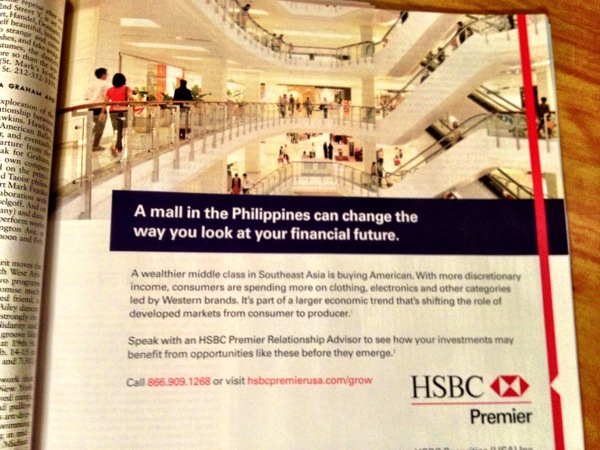I wanted to point out a few stories ahead of President Obama’s upcoming Southeast Asia trip.
Obama will be Thailand, Myanmar (Burma), and Cambodia from Saturday November 17 through Tuesday November 20.
The U.S. Embassy in Bangkok provides details on Obama’s itinerary:
In Thailand, he will meet with Prime Minister Yingluck to mark 180 years of diplomatic relations and reaffirm the strength of our alliance. In Burma, the President will meet with President Thein Sein and Aung San Suu Kyi and speak to civil society to encourage Burma’s ongoing democratic transition. In Cambodia, the President will attend the East Asia Summit and meet with the leaders of the Association of Southeast Asian Nations.
The Bangkok Post says:
Despite the 12-hour time difference between Washington DC and Bangkok, US President Barack Obama will not even set foot in his hotel until after the day’s business here is finished.
The US president will arrive on Sunday afternoon at Don Mueang airport and travel directly to the Grand Palace where US Secretary of State Hillary Clinton will be waiting for him, a city police source said.
They will travel on to Siriraj Hospital where they will have an audience with His Majesty the King, the source added.
Mr Obama would then travel to Government House to have dinner with Prime Minister Yingluck Shinawatra, said the source, adding that after the dinner, he would have a meeting with about 600 US embassy staff at Chulalongkorn University’s sports complex.
At the end of the day, Mr Obama would check in at the Four Seasons Hotel on Ratchaprasong Road.
Obama will speak at Yangon University on Monday, according to the The New York Times.
The scars of military rule run deep at Yangon University — decrepit buildings, broken sidewalks and mold everywhere. But with plans for President Obama to visit on Monday, hundreds of workers have converged in an urgent effort to spruce up the campus. Mr. Obama’s trip to Myanmar will be the first by an American president, and the authorities are creating something of a Potemkin campus to greet him.
Meanwhile, and an op-ed in today’s Times by Bill Richardson and Mickey Bergman surveys political reforms in Myanmar:
After meeting with an array of leaders in Myanmar, we believe that Thein Sein is committed to transitioning to democracy. But the jury is still out on whether the reform effort will succeed. This is not a revolution like we’ve seen in Middle East countries during the last two years. This is a calculated and contained process — a reform movement from within. On the one hand, it has to be slow and deliberate to allow for governing capacity to be built, as well as to prevent those who prefer the status quo from blocking change, and to keep oligarchs from seizing control and plundering Myanmar’s abundant natural resources. On the other hand, it does need to move quickly so that the population will feel the benefits of reform. Success will rely heavily on full engagement and investment from abroad.
And Lewis M. Simons writes in an op-ed about Obama’s “Asian-style diplomacy”:
As President Obama heads to Myanmar, Cambodia and Laos this week and next, intent on reversing China’s drive to tighten its grasp on Southeast Asia, he is exercising an uncannily Asian-style diplomacy.
By moving calmly into China’s backyard, without threats or in-your-face muscularity, he is proving himself adept at playing by Asian rules. How subtle of him. And smart.
On the subject of Cambodia and Hun Sen, Mark McDonald writes in the IHT:
President Barack Obama and Secretary of State Hillary Rodham Clinton will visit Southeast Asia this week, promoting American commercial interests in Singapore, reinforcing the U.S. military alliance with Thailand and putting the presidential imprimatur on democratic reforms in Myanmar.
But their stop in Cambodia for a regional summit meeting next week will be diplomatically stickier: Photo opportunities with Hun Sen, the authoritarian prime minister of Cambodia, will be hard to avoid.

